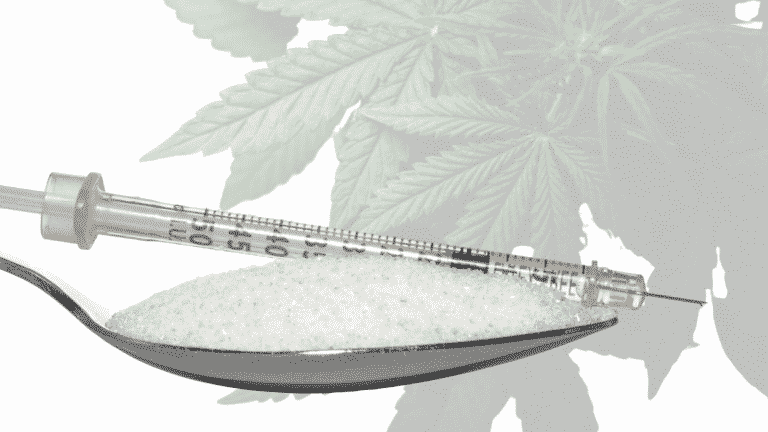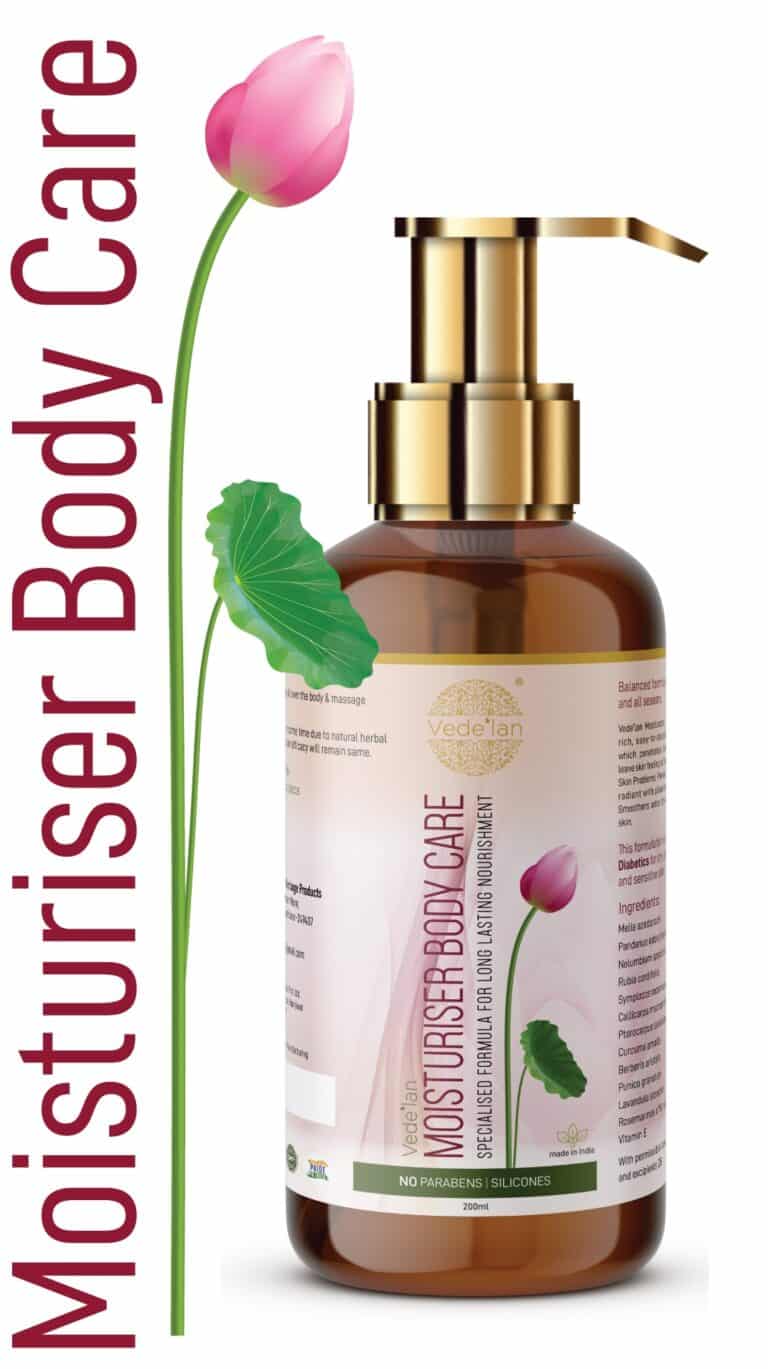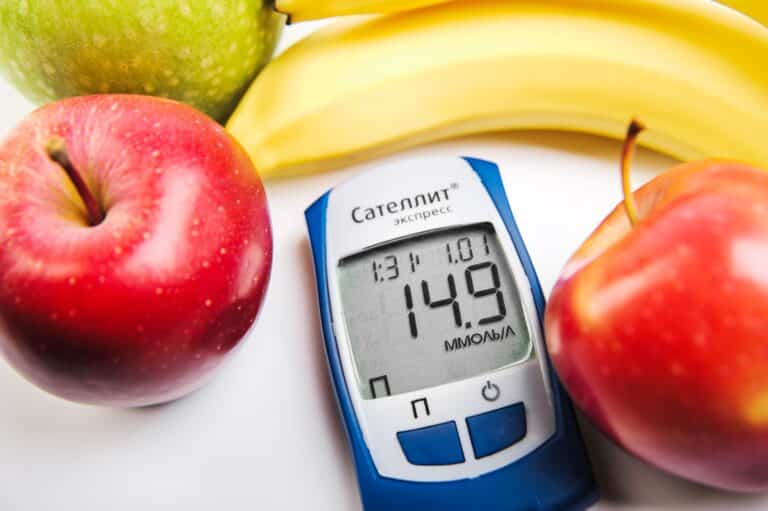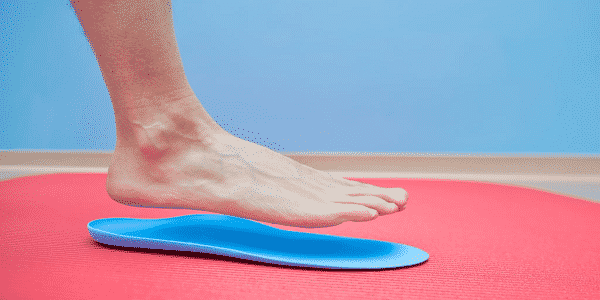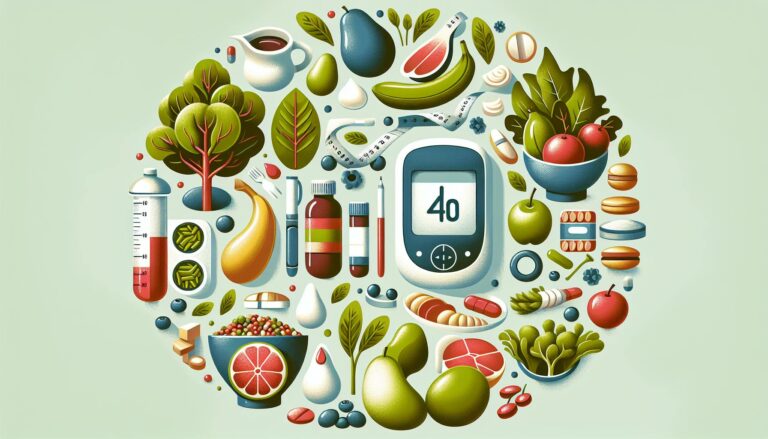CRM Essentials in Healthcare Industry
The healthcare industry deals with a lot of clients which leads to tons of information that needs to be collected. As a result, this information needs to be recorded for safekeeping, and managed properly. CRM (Customer Relationship Management) software thus becomes an ideal choice for healthcare institutions. Furthermore, maximizing customer satisfaction and streamlining their entire customer service process.
Through electronic records, customers can be further facilitated throughout their stay, allowing healthcare establishments to prioritize their needs and requirements.
A recent study conducted by crowd writer based on market research stats that, global healthcare CRM market is estimated to reach $17.4 billion worth by 2023. This represents a CAGR of 14.6% from the $8.8 billion markets worth in 2018. The North American region currently holds 48% of the global share followed by Asia with a 26% share. In light of this information, let’s take a quick look at some of the CRM Essentials for Healthcare Industry in 2022:
-
24/7 Customer Support
With our lives becoming increasingly diverse, there is no doubt that the need to avail a 24/7 customer service is becoming progressively more viable. In recent times Salesforce Research conducted a survey where over 6000 healthcare consumers were interrogated, out of which no less than 47% said that healthcare and life sciences are more focused on industry trends rather than patient needs.
This clearly shows that there are still major discrepancies which many customers feel need to be addressed. Plus with the recent pandemic, there is no question, around-the-clock customer support is essential for healthcare institutions in 2022. Today CRMs are allowing customers to receive self-service by offering immediate responses. As well as connecting patients to designated professionals, and offering them 24/7 support.
Along with ready-made email templates to deliver an instant reply to customer queries, CRM holds the potential to provide real-time assistance for customers. Furthermore, the aspect of 24/7 support can also be utilized to predict patient intent and maintain the context of their needs across a number of channels.
-
Automation
When it comes to centralized patient data management, a medical CRM platform can automate a significant portion of responsibilities by streamlining relevant sources of information. This can further lead to in-depth profiling by improved understanding of the entire patient database.
This will enable healthcare CRMs to forecast patient needs and shortlist potential treatments. According to a recent report by Transparency Market Research, the Healthcare Automation Market is expected to reach $58.98 billion by 2025. Companies including the likes of General Electric, Koninklijke Philips N.V., Siemens AG, and Swisslog Holding AG are considered some of the biggest players in the healthcare automation market.
Furthermore, wearable technology is quickly emerging as a global trend for automating healthcare. They can quickly relay vital information about the patient. Such as syncing with the CRMs of healthcare institutions in case of emergencies. So if god forbids someone is brought into a hospital unconscious, their wearable devices can be used to identify their medical history and records, thus preventing delays in a life or death situation.
-
Broad Range of Functions
It’s evident through all that’s been discussed, CRMs for healthcare institutions are able to provide a broad range of functions. These can also include language support for customers coming from various backgrounds. Our population across the world is becoming increasingly diverse, which shows that chances of meeting patients with different mother tongues are highly probable.
Since communication is the key factor that connects patients with healthcare providers, these language barriers can be easily overcome through CRMS that offer support for a variety of languages. Take the Bitrix24 for example, not only does it come with a free plan for email marketing and telephony but it also offers for 12 different languages.
However, that is not all that there is to CRM, as they can be used to customer surveys, questionnaires, and even manage patient referral programs.
A recent report by SuperOffice, reflects that 50% of teams using mobile CRM improved their productivity. While in 2008 it was only 12% of businesses sued cloud-based CRM, this figure has now reached 87% in 2022. This just goes to show that CRM growth is nowhere near to slow down in upcoming years.
-
Expert Services
CRMs can further be also utilized to allow customers and patients to sign-up for an appointment with a professional medical doctor to acquire their expert services based on their needs and requirements. Application of CRM in healthcare can also include appointment reminders to both professionals and patients so that they are made aware of an upcoming meeting or checkup.
The patient side of the data can include various sorts of information that can even include details like social data. Also including psychographics, clinical history, financial history, and contact information. According to a recent report by Becker’s Hospital Review, healthcare companies and their global advertising expenditures are projected to reach $36 billion by 2022.
This is where CRM can be integrated with advertising tools to allocate budget more effectively. The majority of healthcare appointments in recent times are scheduled by phone and by integrating call data with CRMS, prospective patients can be signed up for appointments with professionals and experts by analyzing that data.
Expert systems would also have a significant impact on the everyday practice of medicine by adequately aligning healthcare administrators and practicing physicians to deliver on promises made to the public.
-
Optimal Workflow
Hospitals with their own deeply integrated CRMs can be allowed to achieve efficacies in their processes. Solutions provided by CRMs can include connect with patients and customer outreach, boosting loyalty and referrals, providing a comprehensive care plan for severe cases, measuring outcomes and increasing revenue for institutions, and managing financial records as well as inventory present in their laboratories.
According to a recent survey conducted by Katzenbach Partners, 52% of customers and patients would choose hospitals and clinics based on the understanding of their needs. 20% will base their decision on convenience factors, and only 12% would empathize the level of comfort and welcoming environment.
This just goes to show how important it is for hospitals to make sure that their workflow doesn’t get affected as when that happens, patients are often treated in lesser capacities, and this can adversely affect their reviews for the healthcare establishments.
However, with effective use of CRMs practitioners would be able to save time and resources to provide a more reliable service which will eventually create goodwill for the organization and erode dissonances.
-
Performance Management
The healthcare industry has found CRMs to play an integral part when it comes to managing the performance of clinics and hospitals. One of the best examples is that of Practice Management Integration, where CRMs can handle administrative processes that are necessary for running a practice within the healthcare organization.
Through its impressive automation features, CRMs can be empowered to complete a task or a list of tasks which can take otherwise several hours to complete. For example, a comprehensively designed patient portal is capable of integrating the user’s data to their CRM profile.
This can very well help the institution to acquire their patient’s billing information, insurance providers, and late payments. In many studies conducted for the healthcare environment, e-CRMs have received tremendous support from the general public. E-CRMs are generally recognized as the application of CRM through internet-based technologies.
According to a recent study, 73% of participants desired online consultation services and more than 75% preferred to be given a chance to go online and view their own medical records.
-
Record Keeping & Reporting
Perhaps one of the most wanted features that healthcare CRMs are offering is record keeping and reporting services. As discussed earlier that for any healthcare institution, there is a sea of information which they must protect and safeguard for each one of their patients.
In order to make things easier, CRMs for the healthcare industry are friendly to use, and according to the user, they can be introduced to manage more complex tasks as well. Healthcare CRM allow you to be not only competitive in the market but also gain tremendous insights regarding your patients.
The electronic health record works like DMS (Document Management System), effectively reducing your need to use paper and reducing paper waste in the process. Furthermore, CRM for healthcare can allow practitioners to generate customizable reports. As well as segment the patient population according to their preferences.
This all leads to amplifying patient engagement as CRMs are built to assist you in your outreaching endeavors. According to a study by Referral MD, on an average, a hospital affiliated with over 100 providers, can incur a cost of $78 million to $97 million per year in case of data leakage.
This can be effectively reduced by using CRMs that keep your information safe and secure. Lastly, healthcare CRM is considered a perfect solution when it comes to profiling customers and offers them personalized services.
-
User Management
Another major benefit which CRM for healthcare offers is the integration of various processes and operations. Happening across various departments within a healthcare system. While each user is often granted access to relative information based on their hierarchy and designation, it just goes to show just how diverse a CRM can be for each user.
This overall user management plays a huge role in determining employee activity and the interaction of professional doctors and medical professionals with the system. Someone in high authority and access can instantly take an overview of how the establishment is performing and where is system lacking. This can help prevent bottlenecks before they occur and forecast future growth opportunities.
High profile users also get access to various features and functions on their CRM user dashboard, and this can enable them to run analytics for various departments. According to a recent post by Agile CRM, the usage of CRM software by businesses has resulted in a 300% increase in sales conversions.
The reason behind this growth is without question. CRM’s ability to help you nurture client relationships and deploy enhanced project management tactics. The same can be said true for healthcare CRMs where the software can be used to illustrate the best fit of medical services with respect to the patient’s needs and requirements.
-
Team Collaborations
Apart from the ability to effectively manage various users on a single platform, CRMS for healthcare can also be used to deliver team collaborations where complex cases can be resolved without negligence. There are times where information might not transfer well from one department to another. As a result, these discrepancies can cause lots of turmoil for patients.
CRM for healthcare can effectively reduce these discrepancies and shortcomings by maintaining an infallible patient report with complete guidelines and insights to help professionals make correct decisions when attending to each individual and their cases. This allows several departments in a healthcare environment to work in cohesion with each other, thus bringing contradictions and conflicts to the minimum level.
-
Vertical Solutions
Running healthcare for quite some time can bring forward specific and unique challenges. However, with a CRM supporting your institution’s infrastructure, your healthcare system can be quickly adapted to these concerns and issues, allowing your team to make smooth transitions without any friction in between.
Vertical solutions for healthcare may also delve into creating a safe and easy to use platform for patients as well as provide them with long-term plans for assisted living. CRMs can point you towards flexible resolutions to meet current and ongoing changes within the industry and deal with technical disruptions within a matter of minutes.
Many nursing students use a cheap essay writing service today so that they can manage their ongoing tasks and deliver maximum effort without any disturbance in between.
Conclusion
In accordance with current market trends and the plethora of facilitations that Healthcare CRMs offer, there is no doubt that they are quickly becoming an essential factor for the future of the healthcare industry.
I hope this post was able to offer you some delightful insights as to how Healthcare CRMs can boost the productivity for Healthcare Industries and deliver outstanding patient relationship management solutions. For more questions regarding healthcare industry CRM, please feel free to leave a mention in the comment section below.



